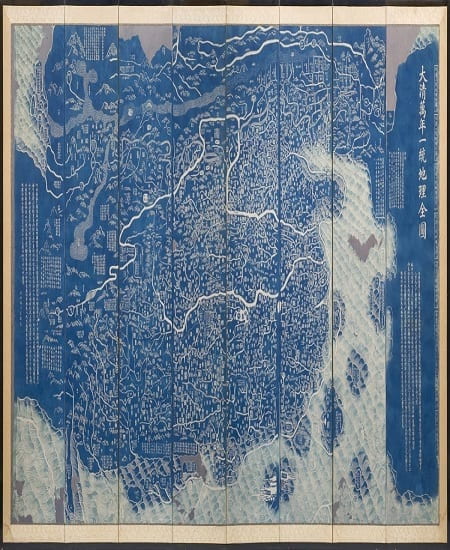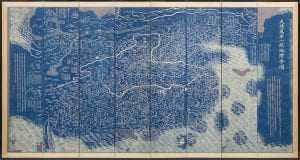
Thursday, November 1, 2018 1:00 PM – 2:15 PM
Chung-wen Shih Conference Room, Suite 503
The Elliott School of International Affairs
1957 E Street, NW
Washington, DC 20052

The Sigur Center for Asian Studies invite you to a discussion with Ms. Julia Lau – former lecturer at Georgetown University, The Catholic University of America, and McDaniel College in Westminster, MD. – to discuss her research into war memory in Southeast Asia and China.
Light refreshments will be available. This event is public, but off the record and not for attribution to allow for candid discussion of Ms. Lau’s research.
About the Event:
This lecture examines questions and themes on war memory pertaining to Japanese Imperial Army actions in World War II on the Pacific front, including the Nanjing Massacre and the Occupation of Singapore. Building on book research and the speaker’s personal and field visits to war memorials and sites, museums, and other commemorative locations in China and Singapore, as well as the examination of a small selection of history textbooks for school children of both countries, the lecture focuses on the primary puzzle of why war memory differs in its tenor and expression in China and Singapore, despite similarities in the deprivations and suffering of their civilians during the war. A secondary question is how this affects Sino-Japanese relations and Singapore’s bilateral ties with Tokyo today. Some new directions might be emerging with regard to how younger citizens of China (including the Chinese diaspora) and Singapore who have no direct or received experience of the war or Occupation are finding ways to reconcile their views on Japanese actions in WWII, while juggling conflicting tensions between nationalism and pacifist globalism or regionalism.
Specific sites of war memory discussed include the Museum of the War of Chinese People’s Resistance Against Japanese Aggression in Wanping, China; the Japanese Cemetery in Singapore; Yasukuni Shrine and the Yushukan War Museum in Tokyo, and various other war-related sites and memorials. This lecture also draws upon working papers that the speaker has presented at past conferences, including the annual conference of the Association for Asian Studies and its regional conferences.
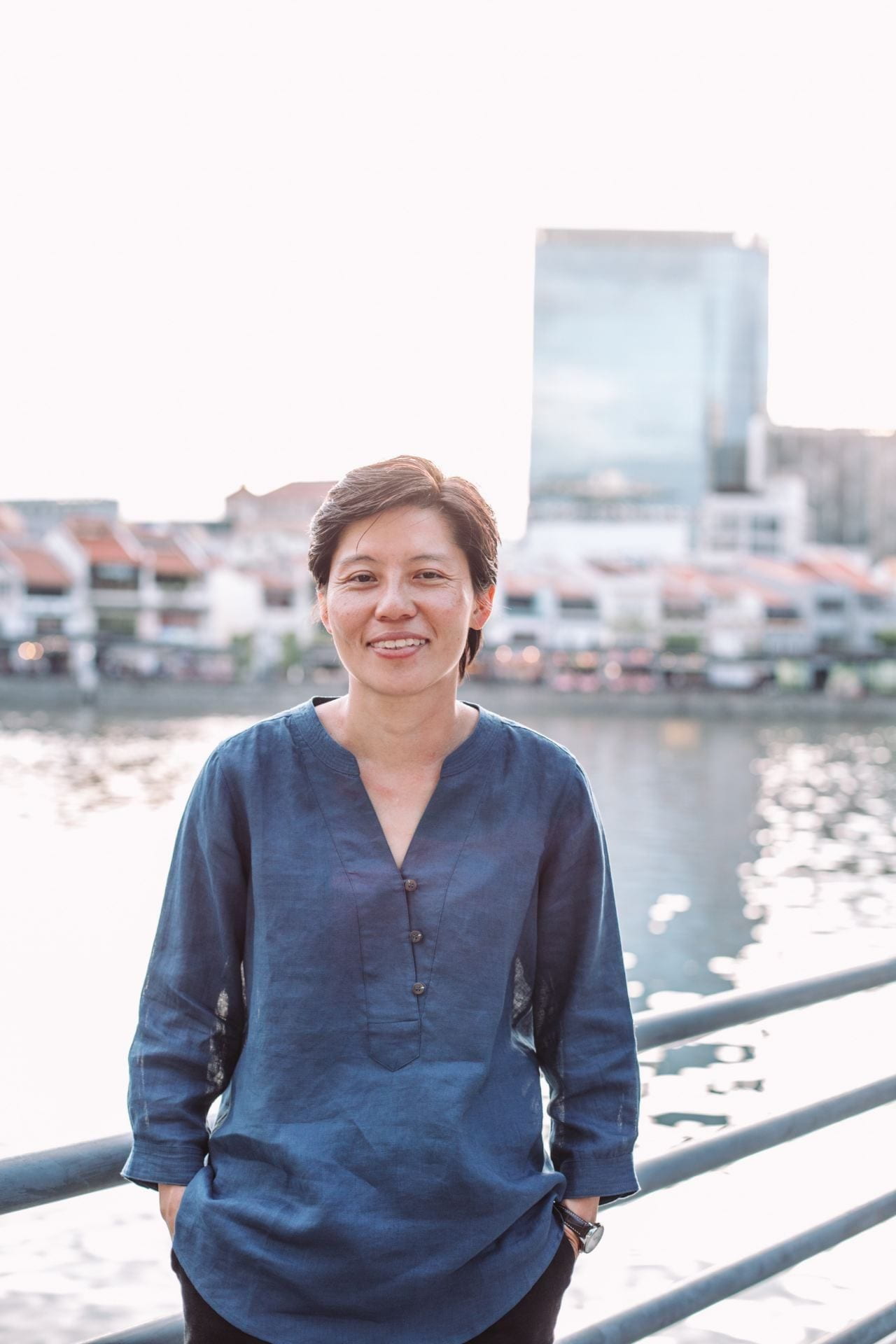
About the Speaker:
Julia M. Lau is now an independent scholar and writer based in Phoenix, AZ. A native of Singapore, she attended the National University of Singapore and Georgetown University, and has graduate degrees in law, security studies, and government. She has taught as a lecturer at Georgetown University, The Catholic University of America, and McDaniel College in Westminster, MD. Her current research interests include war memory in Southeast Asia and China, and gender politics. She is also a member of the American Political Science Association’s status committee on Contingent Faculty, advocating for better working conditions and understanding of contingent and adjunct faculty in the political science profession.

About the Moderator:
Professor Ronald Spector received his B.A. from Johns Hopkins and his MA and Ph.D. from Yale. He has served in various government positions and on active duty in the Marine Corps from 1967-1969 and 1983-1984, and was the first civilian to become Director of Naval History and the head of the Naval Historical Center. He has served on the faculties of LSU, Alabama and Princeton and has been a senior Fulbright lecturer in India and Israel. In 1995-1996 he was Distinguished Visiting Professor of Strategy at the National War College and was the Distinguished Guest Professor at Keio University, Tokyo in 2000. At the Elliott School, Spector offers undergraduate and graduate courses on US-East Asia Relations, World War II, and the Vietnam War as well as a graduate seminar on Naval history and one on strategy.
Image above: The Civilian War Memorial, Singapore, by moonlight. Original photo.
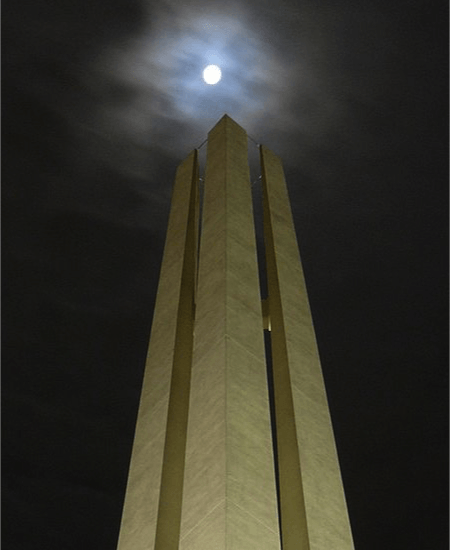
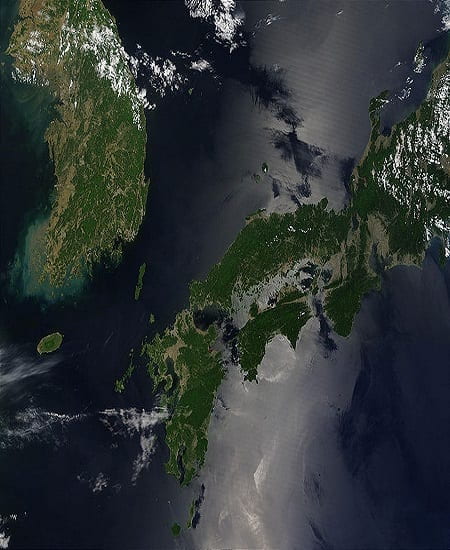


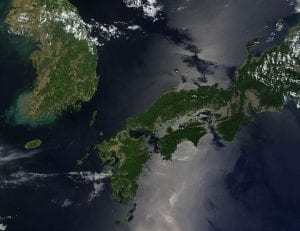
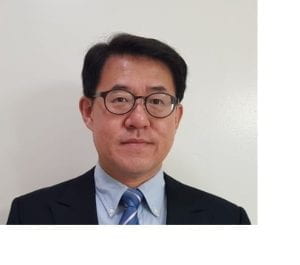
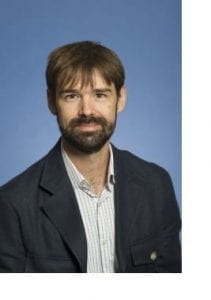 Moderated by:
Moderated by: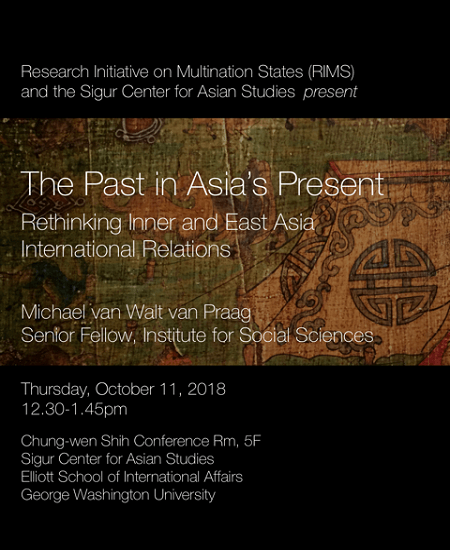

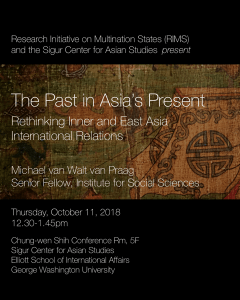
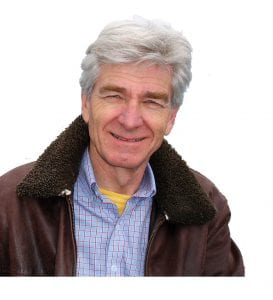 Michael van Walt is a mediator and advisor in intrastate peace processes, an advocate for rights of peoples and minorities and a professor of international law and international relations. He has made his passion for the need to alleviate suffering caused by injustice, violent conflict and oppression his life-long career.
Michael van Walt is a mediator and advisor in intrastate peace processes, an advocate for rights of peoples and minorities and a professor of international law and international relations. He has made his passion for the need to alleviate suffering caused by injustice, violent conflict and oppression his life-long career.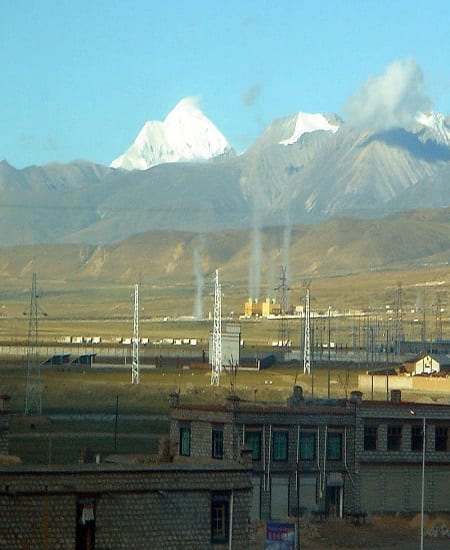

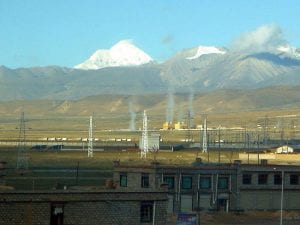
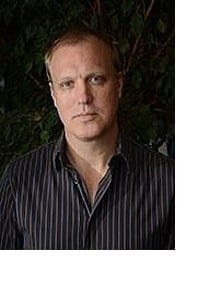
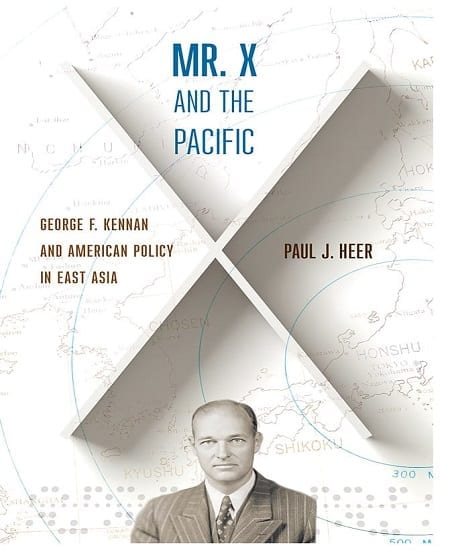

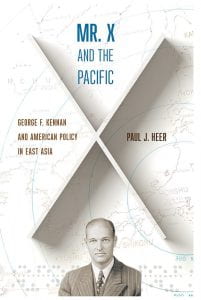
 Paul Heer is an adjunct professor at The George Washington University, where he received his Ph. D. in diplomatic history in 1995. During 2007-15 he served as the National Intelligence Officer for East Asia—the senior analyst of East Asian affairs in the US Intelligence Community—in the Office of the Director of National Intelligence. A career officer of the Central Intelligence Agency, he began that career in 1983 as a political and foreign policy analyst on Southeast Asia before specializing on China as an analyst and analytic manager. He served on the staff of the President’s Daily Brief, and as a member of the CIA’s Senior Analytic Service and the Senior Intelligence Service. He is a recipient of the CIA’s Distinguished Career Intelligence Medal and the DNI’s National Intelligence Distinguished Service Medal. Dr. Heer was a Robert E. Wilhelm Fellow at the Center for International Studies at the Massachusetts Institute of Technology during 2015-16. He was the Visiting Intelligence Fellow at the Council on Foreign Relations during 1999-2000 and was subsequently elected a Life Member of the Council. He holds a B.A. degree in history from Loras College in Dubuque, Iowa; and an M.A. in history from the University of Iowa. He is the author of Mr. X and the Pacific: George F. Kennan and American Policy in East Asia (Cornell University Press, 2018).
Paul Heer is an adjunct professor at The George Washington University, where he received his Ph. D. in diplomatic history in 1995. During 2007-15 he served as the National Intelligence Officer for East Asia—the senior analyst of East Asian affairs in the US Intelligence Community—in the Office of the Director of National Intelligence. A career officer of the Central Intelligence Agency, he began that career in 1983 as a political and foreign policy analyst on Southeast Asia before specializing on China as an analyst and analytic manager. He served on the staff of the President’s Daily Brief, and as a member of the CIA’s Senior Analytic Service and the Senior Intelligence Service. He is a recipient of the CIA’s Distinguished Career Intelligence Medal and the DNI’s National Intelligence Distinguished Service Medal. Dr. Heer was a Robert E. Wilhelm Fellow at the Center for International Studies at the Massachusetts Institute of Technology during 2015-16. He was the Visiting Intelligence Fellow at the Council on Foreign Relations during 1999-2000 and was subsequently elected a Life Member of the Council. He holds a B.A. degree in history from Loras College in Dubuque, Iowa; and an M.A. in history from the University of Iowa. He is the author of Mr. X and the Pacific: George F. Kennan and American Policy in East Asia (Cornell University Press, 2018).


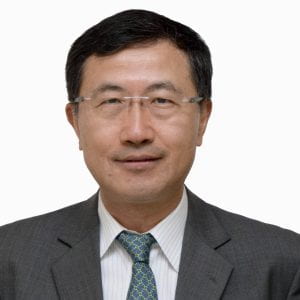
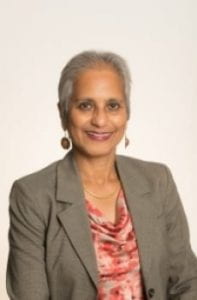
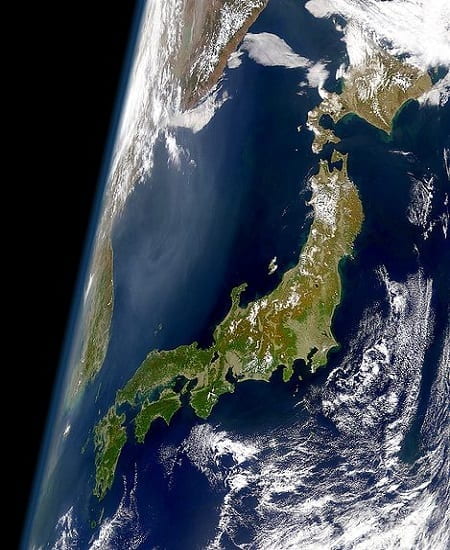
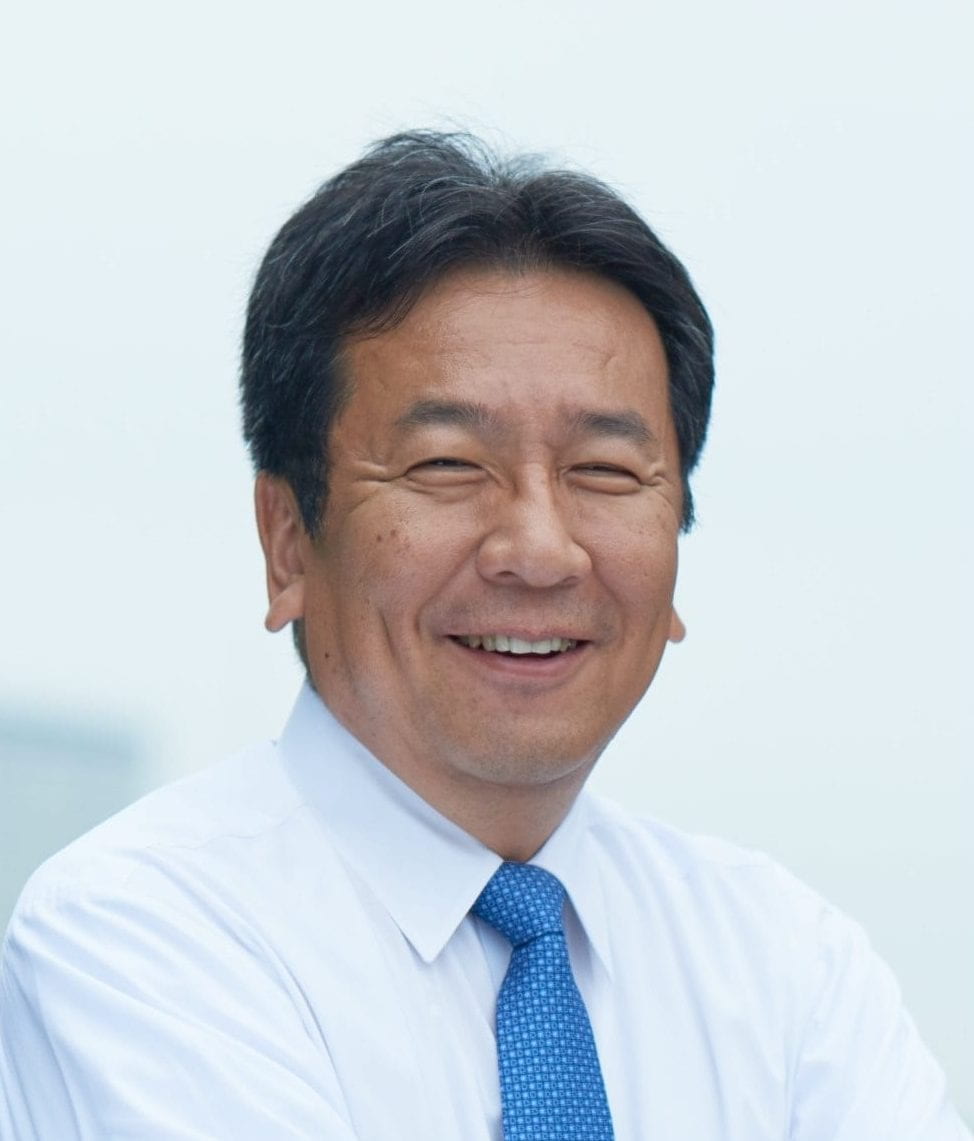
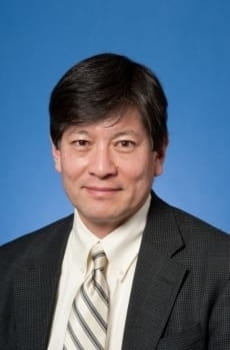
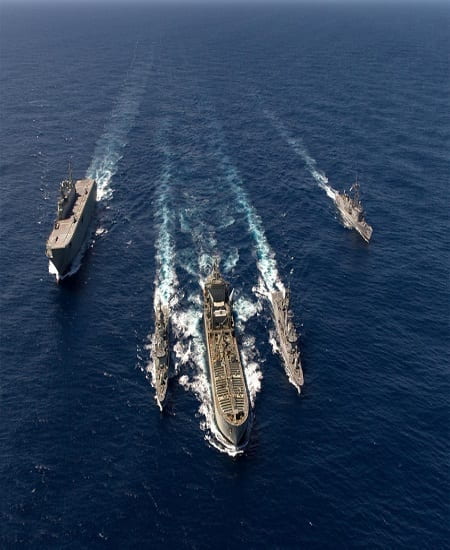
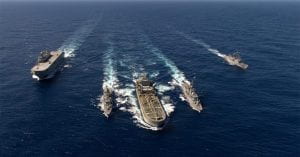
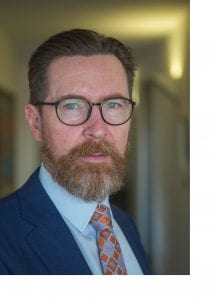

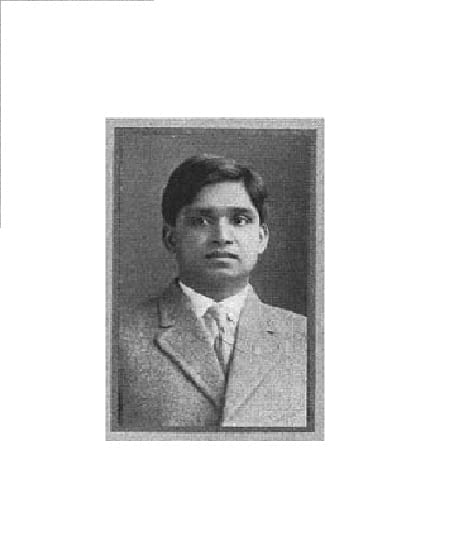
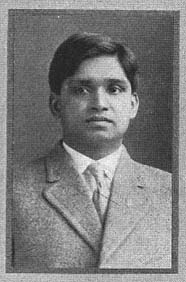
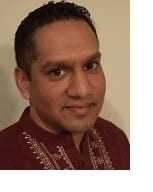 Neilesh Bose is Assistant Professor of History and Canada Research Chair of Global and Comparative History at the University of Victoria in Victoria, BC, CANADA. Dr. Bose is an historian of modern South Asia with interests in colonialism and decolonization, settler colonialisms, migration, nationalism, literary history, and intellectual history. Published work includes the book
Neilesh Bose is Assistant Professor of History and Canada Research Chair of Global and Comparative History at the University of Victoria in Victoria, BC, CANADA. Dr. Bose is an historian of modern South Asia with interests in colonialism and decolonization, settler colonialisms, migration, nationalism, literary history, and intellectual history. Published work includes the book 